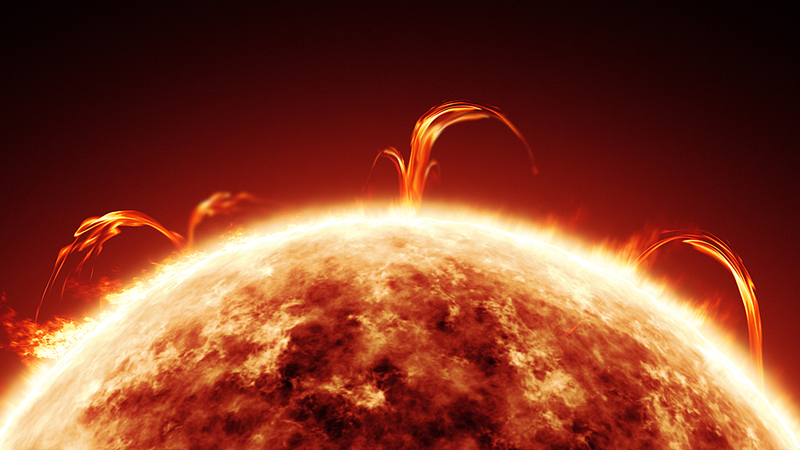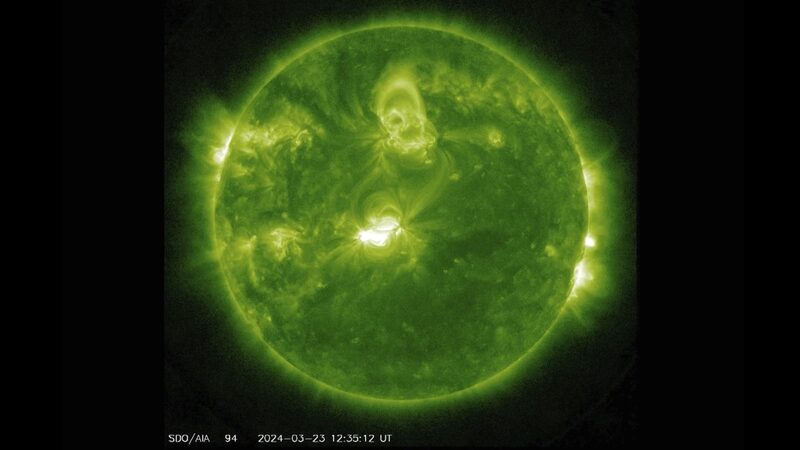New research from the Hebrew University of Jerusalem suggests solar flares – powerful bursts of stellar radiation – could dramatically alter weather patterns on planets within days, including Earth. Published in The Astronomical Journal, the findings challenge conventional understanding of planetary climate systems.
Stellar Storms Reshaping Atmospheres
Scientists analyzed data from distant stars and exoplanets, discovering that intense solar activity can disrupt atmospheric conditions faster than previously thought. This breakthrough helps identify potentially habitable exoplanets by assessing their host stars' flare activity.
Earth's Weather Connection
While human-driven climate change remains a long-term concern, the study highlights how solar flares might explain sudden weather anomalies. Coastal regions and areas with volatile climates could be particularly susceptible to these space-induced meteorological changes.
"Our findings show stars act as active architects of planetary environments," researchers noted, suggesting new considerations for climate modeling.
Implications Across Sectors
The discovery holds value for:
- Investors: Potential impacts on weather-sensitive industries
- Researchers: New frameworks for climate studies
- Space agencies: Improved exoplanet assessment criteria
Reference(s):
Study finds solar flares may trigger weather shifts on planets
cgtn.com








